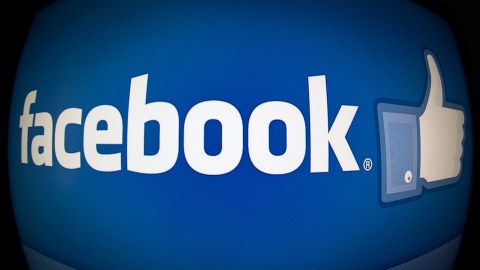Tracking Facebook ‘Likes’ for Better Target Ads

Facebook is going to start using all those likes you’ve logged over the years to create a more personalized ad experience in your newsfeed. So, what does this mean for users?
In a Facebook post, Stephen Deadman, global deputy chief privacy officer, wrote about the changes, but it doesn’t sound like he’s so much addressing users, so much as assuring marketers. One sentence reads:
“We sometimes hear from people that the ads they see aren’t as useful or relevant to them as they could be.”
For users who would prefer to not have personalized ads, Facebook has a privacy setting that allows users to opt out. If selected, ads within a user’s newsfeed will not be based on likes and shares, but user activity will continue to be logged. Even when a page loads, what a user does not like and share will be taken into account when building the personal profile of you.
Rainey Reitman, activism director at the Electronic Frontier Foundation, takes issue with this method. She said in an interview with Technology Review:
“Promising not to use information is not the same as promising to actually delete the data. The ‘like’ data is especially problematic. Most people probably don’t even realize that whenever they load a page with a ‘like’ button on it, Facebook gets a little information on them.”
The social site is a treasure trove of information into the inner workings of you. Everything you do online is a data point that is another piece of who you are and what you want. All this information culminates into an online profile, which can be problematic when the algorithm gets something wrong. Not to mention, playing with your personal data is creepy.
A better design, Reitman suggests, would be if Facebook honored a user’s preference not to be tracked, which is a method of transmitting a message stating your preference to not have your information logged. It’s an elegant solution that allows users to communicate their preferences towards a site. Another suggestion Reitman has is if Facebook only took information when a like button was pressed.
There are sites out there that manage to survive and thrive in this Internet economy without tracking their users; search engine DuckDuckGo has managed to do it.
—
Natalie has been writing professionally for about 6 years. After graduating from Ithaca College with a degree in Feature Writing, she snagged a job at PCMag.com where she had the opportunity to review all the latest consumer gadgets. Since then she has become a writer for hire, freelancing for various websites. In her spare time, you may find her riding her motorcycle, reading YA novels, hiking, or playing video games. Follow her on Twitter: @nat_schumaker
Photo credit: KAREN BLEIER / Getty Staff




